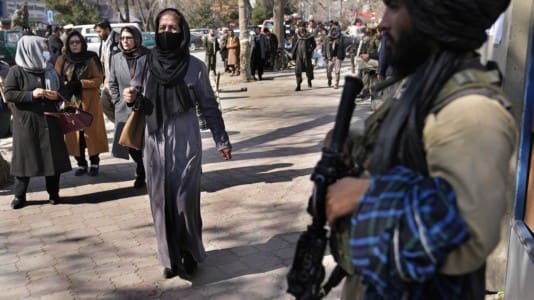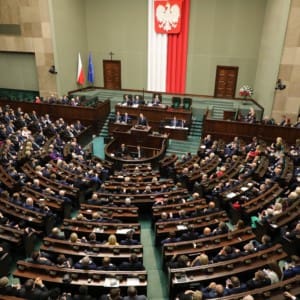The first major wave of migration in 2015 already split the European Union into two, and now migrants are massing again at Hungary’s southern borders, Justice Minister Judit Varga wrote in a Facebook post on Sunday.
Varga emphasized that due to the economic challenges facing Europe, there is little talk about immigration, but at the same time, a crisis similar to the migration wave of 2015 is emerging on the southern border.
“Due to the food crisis in Africa, we have to expect that hundreds of thousands of people may leave for Hungary and Europe in the coming weeks and months, further increasing the migration pressure,” Varga wrote.
She also drew attention to the fact that the political interest groups attempting to make Europe a continent of immigrants continue to work diligently.
According to Varga, the European Union is divided as a result of migration. In those countries where European and non-European peoples live together, the characteristics that have distinguished a nation from a state are disappearing altogether.
“Only with strengthened border protection can we guarantee the survival of our 1,000-year-old culture, traditions, and values,” Varga wrote.
“Due to the increasingly violent behavior of illegal migrants and the incessant activities of left-wing NGOs, the government decided to strengthen the southern border, saying that the safety of the Hungarian people must still be protected. To this end, as a first step, a dedicated border patrol police will be set up, whose task will be specifically to protect the border and protect against illegal migration,” she added.
The Hungarian justice minister claimed Hungary had once been “admonished by the West” about its border security and erection of a border fence, but had since been vindicated for its tough approach to illegal immigration.
“It didn’t take long for many European countries to speak approvingly of the Hungarian border closure and even consider it an example to be followed. Our goal is simple and clear: to preserve the security of Hungary and its cultural identity, which has a long historical past,” Varga concluded.






